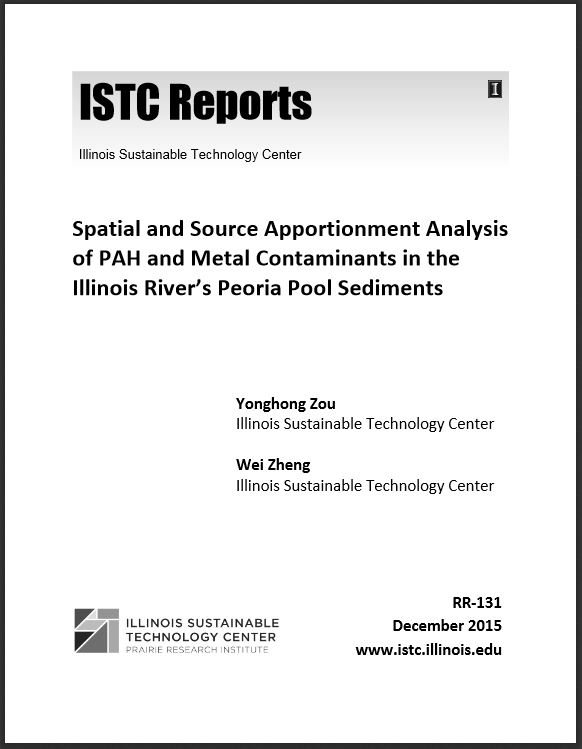On October 27th, 2015, the Illinois Sustainable Technology Center awarded nineteen organizations with an Illinois Governor’s Sustainability Award – an Award that recognizes an elite group of committed leaders reducing environmental impact, contributing to the growth of a more sustainable Illinois economy. At the Awards Ceremony, the Emmy of sustainability awards, Harry Moser of The Reshoring Initiative was the luncheon’s keynote speaker, and the Technical Symposium panels before the Ceremony were jam-packed with information, tools and tips to increase sustainable activity in organizations throughout the state. View the complete recap, presentations and photos on the IL Governor’s Sustainability Award website.
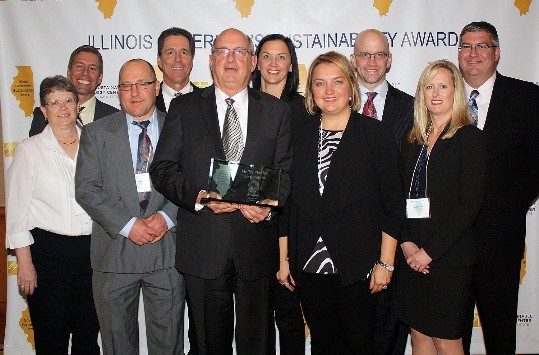 One of the most memorable moments, outside of the Awards being presented, was when a few of the 2014 Illinois Governor’s Sustainability Award winners were highlighted through a short video. Their compelling stories of how the Award has affected their communities, companies, and their work was inspiring to all in attendance.
One of the most memorable moments, outside of the Awards being presented, was when a few of the 2014 Illinois Governor’s Sustainability Award winners were highlighted through a short video. Their compelling stories of how the Award has affected their communities, companies, and their work was inspiring to all in attendance.
The impact of the Governors Sustainability Award reaches far beyond just the Award Ceremony. The Award recognizes and encourages the impact and outstanding work these organizations have accomplished, but it also motivates companies and organizations to drive further, breathing excitement and energy into the sustainability opportunities that lie ahead. Brenda Palms-Barber of the North Lawndale Employment Network & beelove said, “We’re just so proud to know that the work we are doing is making a difference and that our state recognized it.”
A longer version of the winner’s stories is also available, if you want their in-depth stories.
By prioritizing sustainability throughout their operations, programs, technology, products and company culture, they serve as a model within their industry and community.
If you’re a company, manufacturer, organization, community, non-profit or educational entity, apply to be an Illinois Governor’s Sustainability Award winner now! Applications close May 20, 2016. View case studies, sample applications, evaluation criteria and more on our website.
We look forward to learning more about YOUR outstanding work in sustainability!



 ISTC and the Illinois-Indiana Sea Grant will be hosting a teacher workshop on pharmaceuticals and personal care products (PPCPs) in the environment. PPCPs encompass thousands of chemicals found in fragrances, cosmetics, over-the-counter drugs, and human and veterinary medicines. The U.S. EPA has identified PPCPs as emerging contaminants of concern because little is known about their impacts on ecosystems or risks to human health when they are released into the environment.
ISTC and the Illinois-Indiana Sea Grant will be hosting a teacher workshop on pharmaceuticals and personal care products (PPCPs) in the environment. PPCPs encompass thousands of chemicals found in fragrances, cosmetics, over-the-counter drugs, and human and veterinary medicines. The U.S. EPA has identified PPCPs as emerging contaminants of concern because little is known about their impacts on ecosystems or risks to human health when they are released into the environment.

 One of the most memorable moments, outside of the Awards being presented, was when a few of the
One of the most memorable moments, outside of the Awards being presented, was when a few of the  Leap year does not come around very often – only every four years. Therefore, this auspicious occasion might be a great time to leap into some sustainability projects for your home or business! Here are a few sources to get you started:
Leap year does not come around very often – only every four years. Therefore, this auspicious occasion might be a great time to leap into some sustainability projects for your home or business! Here are a few sources to get you started:  From lumber and paper to building and shipping, wood can be used in a wide variety of ways. But with all those different applications comes many different waste streams including wood itself as a waste product. ISTC has partnered with Western Illinois University and the Metropolitan Mayors Caucus to find new markets for waste wood. Read more about the project via our news page titled “
From lumber and paper to building and shipping, wood can be used in a wide variety of ways. But with all those different applications comes many different waste streams including wood itself as a waste product. ISTC has partnered with Western Illinois University and the Metropolitan Mayors Caucus to find new markets for waste wood. Read more about the project via our news page titled “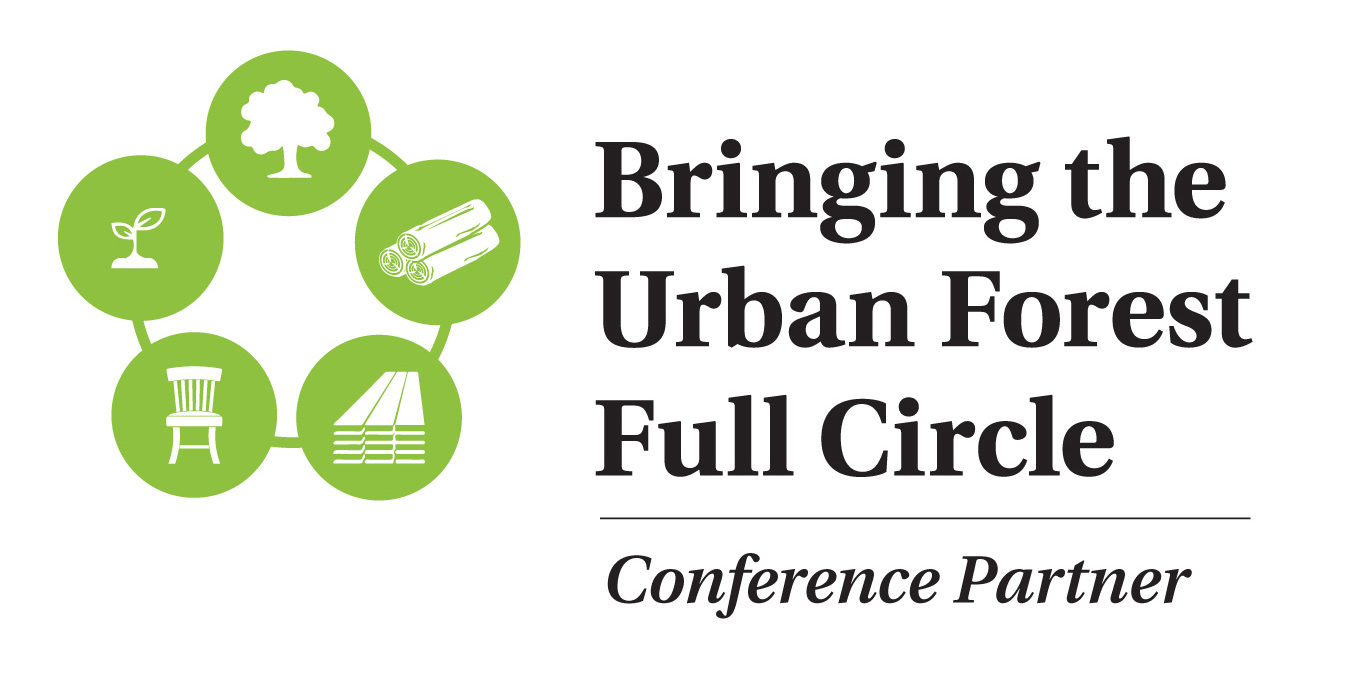
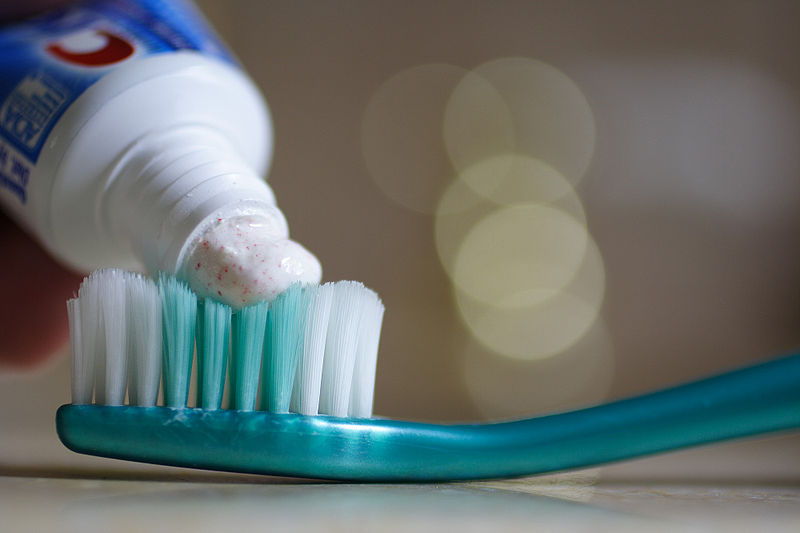 On January 4, 2016, President Obama signed into law a bill that bans production and sale of microbeads in certain products. This national law comes only a year and a half after Illinois became the first state to ban the manufacture and sale of products containing microbeads in June 2014 (
On January 4, 2016, President Obama signed into law a bill that bans production and sale of microbeads in certain products. This national law comes only a year and a half after Illinois became the first state to ban the manufacture and sale of products containing microbeads in June 2014 (

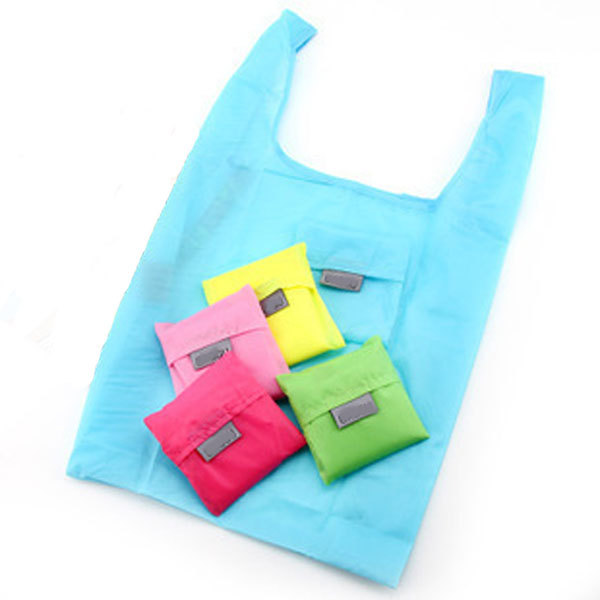 Reusable shopping bags – Avoid having to choose between paper or plastic and which one might be better for carrying different items vs. their environmental impact by investing in reusable shopping bags. Usually they fold up into small bundles and can be left in the car so you will never forget them when you are at the store.
Reusable shopping bags – Avoid having to choose between paper or plastic and which one might be better for carrying different items vs. their environmental impact by investing in reusable shopping bags. Usually they fold up into small bundles and can be left in the car so you will never forget them when you are at the store. Donating old stuff – With the New Year comes Spring Cleaning. Don’t just toss out all that junk and old clothes; many reuse stores such as Goodwill or Habitat for Humanity will take all sorts of items from small appliances, furniture, silverware, to clothes, decorations, and games. This way you can keep stuff out of the landfill and get a tax benefit and/or the pleasure of giving items which others can use!
Donating old stuff – With the New Year comes Spring Cleaning. Don’t just toss out all that junk and old clothes; many reuse stores such as Goodwill or Habitat for Humanity will take all sorts of items from small appliances, furniture, silverware, to clothes, decorations, and games. This way you can keep stuff out of the landfill and get a tax benefit and/or the pleasure of giving items which others can use!
